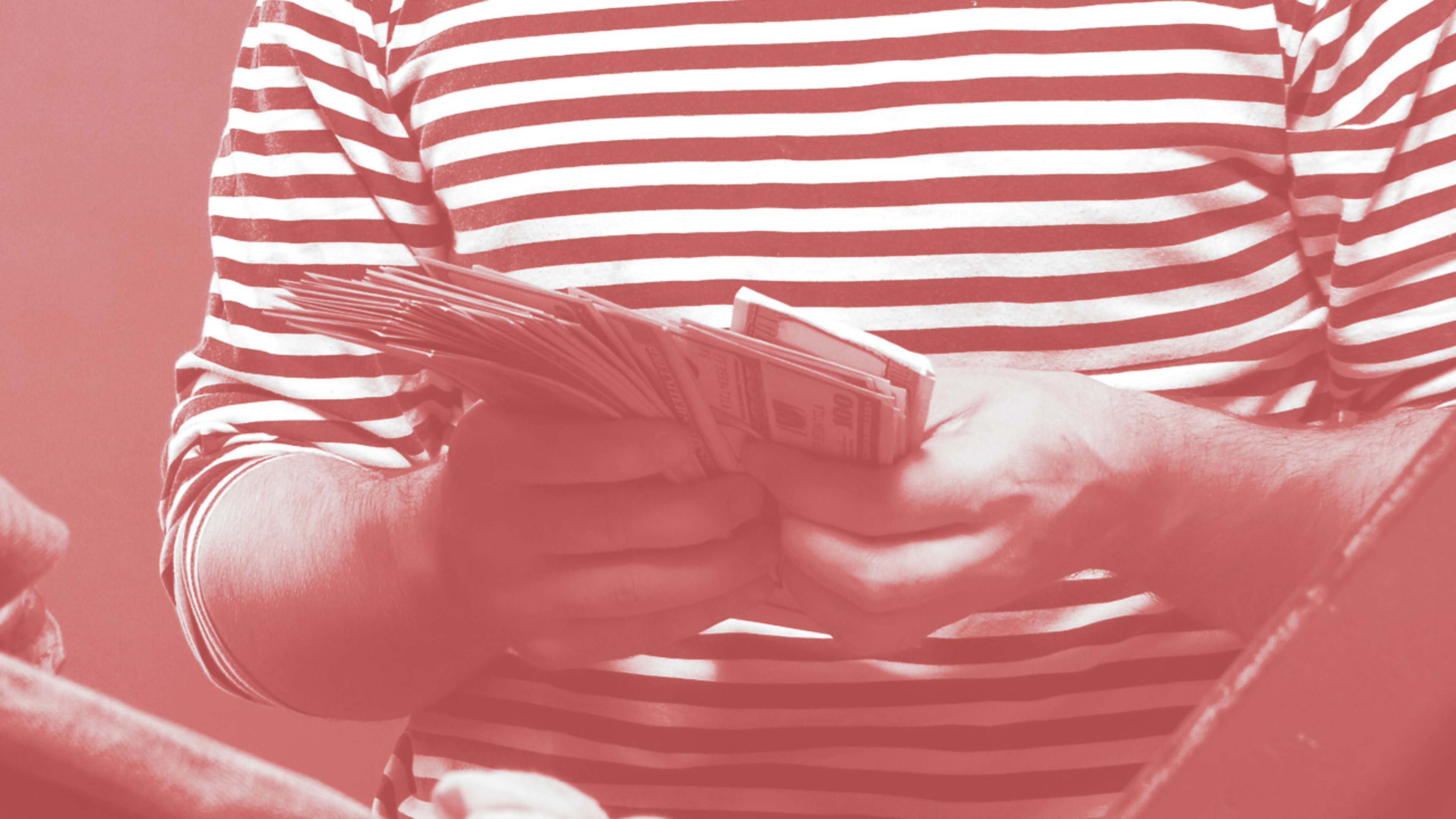Airbnb wants U.S. mayors to know that their cities could profit from the home-rental business.
The startup, which is now the largest hospitality company in the world based on its number of listings, released a report at the U.S. Conference of Mayors’ winter meeting this week that estimates the 50 largest cities in the United States would make $2 billion in tax revenue from Airbnb over the next 10 years—if they work with Airbnb to collect hotel and occupancy taxes.
Airbnb already collects some combination of hotel, tourist, and occupancy taxes in at least 14 American cities, including San Francisco, Portland, and Chicago, and in four states. The company says it remitted $42.6 million in such taxes globally, but if it had collected taxes in all cities, that number would have been much higher. In 2015 alone, the company says, it would have remitted $200 million to the top 50 cities in the United States. “As we meet with mayors,” reads a blog post on Airbnb’s lobbying website, “we’ll be encouraging them to work with us to expand this initiative. We have a dedicated team working to help ensure more cities can collect this revenue from our community.”
Hosts on Airbnb are already subject to taxes on their mini hospitality businesses, even if Airbnb doesn’t collect and remit them, but as you might imagine, compliance on an individual basis varies. Airbnb can collect taxes with every booking.
Airbnb has often used its potential to generate tax revenue as an incentive for cities to permit it to operate freely. As it petitions New York City to change laws that prohibit it from collecting hotel taxes, for instance, it has publicly released not one, but two estimates of how much money such a policy would generate. When it faced a proposition in San Francisco that threatened to limit its business, it pointed out that restricting Airbnb would cost the city $58 million in tax revenue.
It might seem like a no-brainer for all cities to work with Airbnb to get those taxes collected–doesn’t everybody like money? But many cities prohibit home rentals that are shorter than 30 days, and officials fear that changing laws to allow Airbnb to collect taxes would legitimize an essentially illegal business. “This is merely an effort by Airbnb to bolster their image while ignoring local laws they find inconvenient,” New York State senator Liz Krueger said in a statement to Slate. “Paying hotel taxes actually puts the ‘hosts’ they claim to care so much about at risk of eviction by providing evidence of lease violations, and does nothing to alleviate an acute shortage of affordable housing that their illegal activity exacerbates.”
Recognize your brand's excellence by applying to this year's Brands That Matters Awards before the early-rate deadline, May 3.
